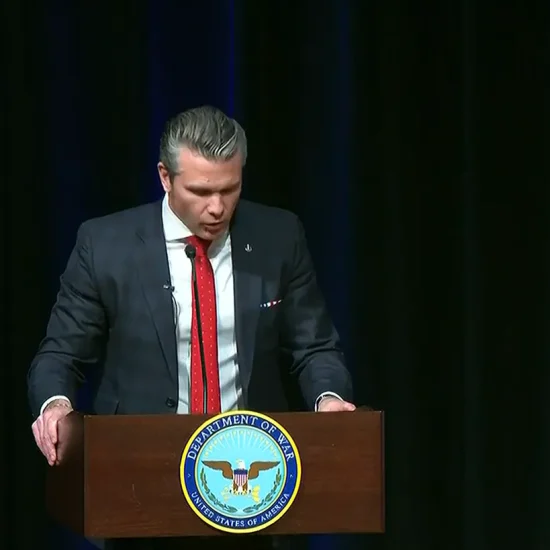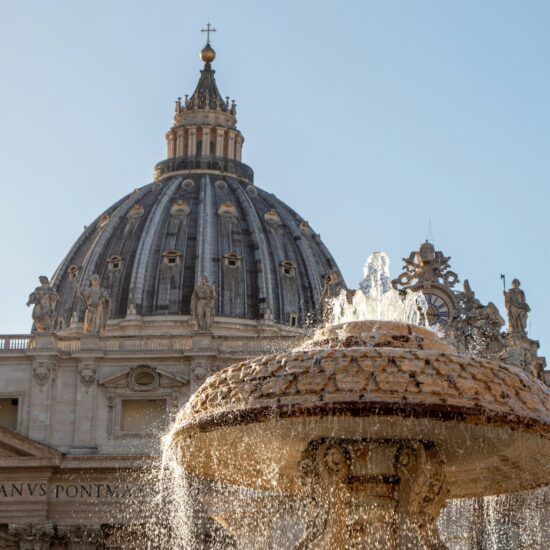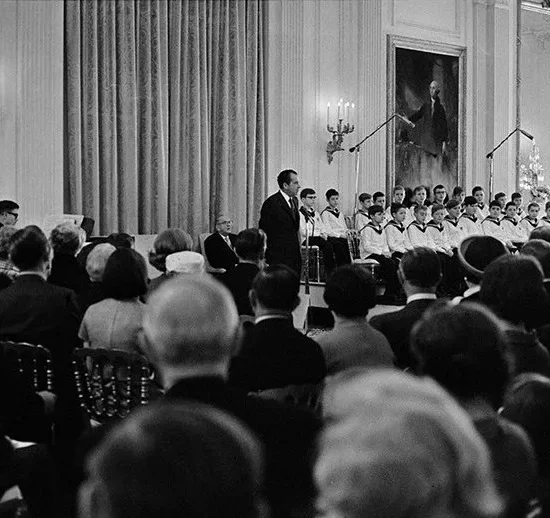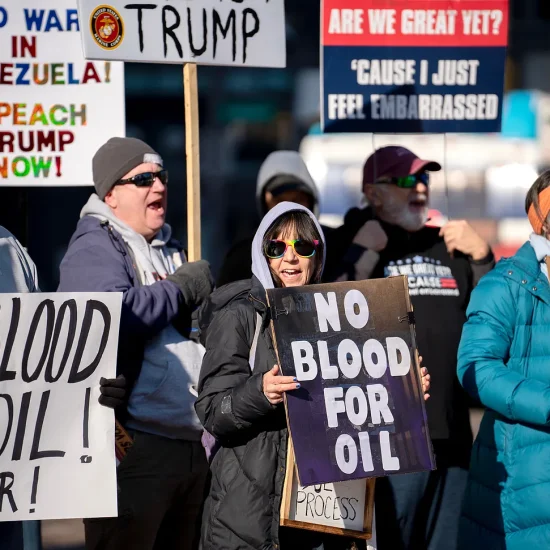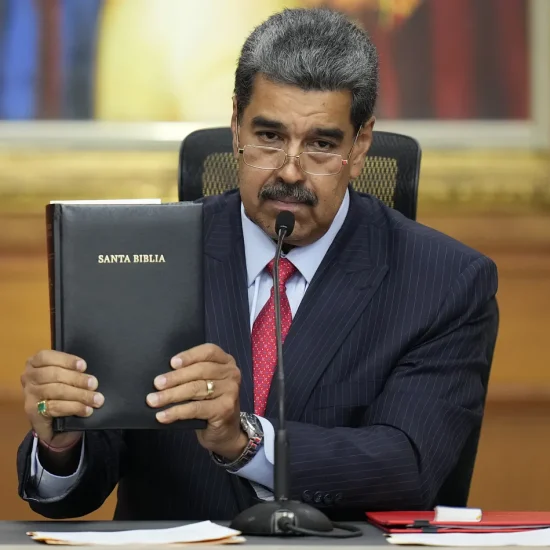A few years ago, I traveled to Guatemala with Churchnet to lead some sessions for pastors and church leaders in the mountainous area in the western part of the country. I enjoyed seeing the country and meeting with Baptists there (and seeing some volcanoes — from a distance).

Brian Kaylor
Before returning home, we visited the Tabitha Ministry started by a Guatemalan Baptist leader to minister to women and children living in the dump of Guatemala City. We also stopped nearby at a city cemetery. Walking through the cemetery, where people are buried above ground, I quickly realized that in a nation where people remain divided by wealth differences, inequalities exist even in death.
Wealthy families own ornate structures to house the remains of their loved ones, but most people are buried in massive structures that stack as many as eight coffins high and stretch dozens long. It’s almost like walking down a supermarket aisle with shelved coffins on each side. Some of the spots had been broken open and were now vacant except for trash thrown inside. If a family cannot afford payments, their loved one’s remains can be evicted and transferred to a mass grave. Even in death, the threat of destabilizing poverty remains.

City cemetery in Guatemala
From the back corner of the cemetery we could see the city dump. It’s been more than four years, but I can close my eyes and see it. It wasn’t just the size of the dump that caught my attention. Nor was it the gusts of wind that hit us with nauseating fumes or the hundreds of buzzards circling overhead that impacted me the most.
It was the people. The hundreds of people — including children — walking through the dump looking for items to recycle, sell or even eat.
Tabitha ministers to those living next to the dump, offering early childhood education to about 100 children. The children, many of whom would otherwise not receive regular meals, get two meals and a snack each day. Tabitha also provides skills training — like making handcrafts to sell — to women, some of whom are single mothers. Many of the women have become Christians.
If that’s not a picture of the gospel, then I don’t know what is.
Hanging in the air during the trip — but not really voiced — were the decades of violence from which the nation has yet to fully recover. After a U.S.-backed coup in 1954 pushed out a democratically-elected president (because he upset a large banana company), the nation plunged into a 30-year civil war that left up to 200,000 Guatemalans dead.
Neighboring countries experienced similar tragedies. Even as a military regime in El Salvador massacred women and children, the U.S. government in the 1970s and 1980s continued to offer support — and millions of dollars in military assistance. A U.S.-backed coup in Chile in 1973 started the rule of General Augusto Pinochet, whose 17-year reign saw tens of thousands tortured or killed. A U.S. military invasion of Panama in 1989 — for which the Pentagon grotesquely called its military plans “Operation Prayer Book” — killed many more civilians than military members. And in Nicaragua, an effort by some U.S. officials to arm guerrillas by selling weapons to Iran helped fuel a civil war that killed tens of thousands of people.
Today, some officials in our government reportedly are pushing for military intervention in Venezuela. There’s a humanitarian crisis in that country and its dictator “won” an unfair election last year to hold power. But if the recent past in Latin America — and elsewhere — teaches us anything, it’s that military invasions and coups destabilize nations, spark civil wars, devastate local economies and result in the deaths of many innocent civilians.
One bad policy move by our government can wipe out decades of positive work in a nation by Christians from there and here. We need to support the work of transformative ministries like that of the Tabitha Ministry. That doesn’t mean just giving them money, rolling up our sleeves to help and getting on our knees in prayer. It also means advocating for peace in their land.
Brian Kaylor is editor & president of Word&Way.

